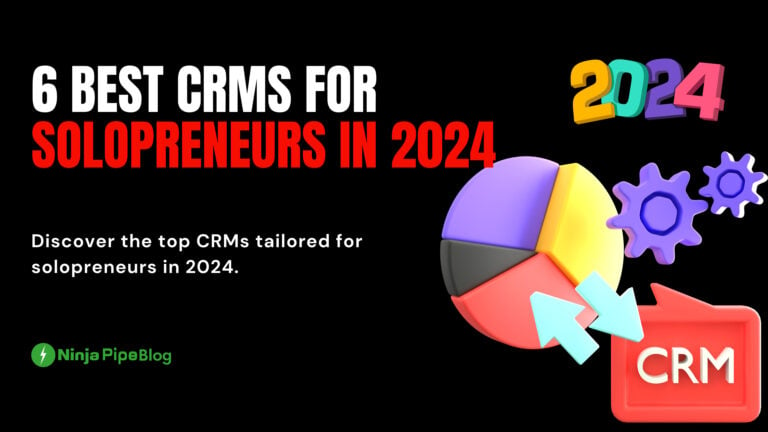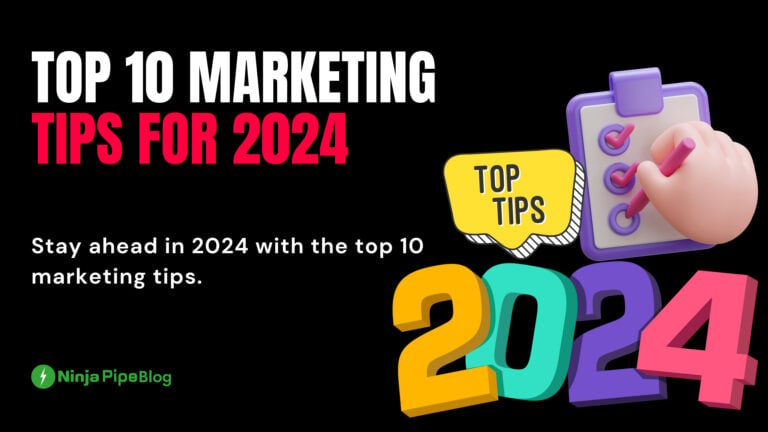Boost Customer Engagement with SMS Marketing: Simple Best Practices
Introduction:
In the ever-expanding toolkit of marketing channels, SMS often goes unnoticed. In this guide, we’ll explore the power of SMS marketing and provide practical examples to increase customer engagement. Let’s dive into why SMS is effective and how to make the most of it in your marketing strategy.
Why SMS Marketing is Effective:
1. Direct Communication:
- Unlike other channels, SMS allows one-on-one connections with customers.
- Personalize content based on their interests, creating a friendlier interaction.
2. High Open and Conversion Rates:
- SMS boasts an impressive 98% average open rate, surpassing email.
- 95% of marketers report increased conversions and revenue through SMS.
3. Cost-Effectiveness:
- Sending texts is budget-friendly, costing mere pennies per message.
- An economical alternative to traditional advertising methods.
Best SMS Marketing Practices:
1. Building a Subscriber List:
- Obtain written consent before sending SMS texts.
- Promote sign-ups through website pop-ups, purchase processes, and other marketing channels.
2. Personalization Techniques:
- Segment subscribers based on demographics and behaviors.
- Tailor messages to individual interests, avoiding irrelevant content.
3. Aligning with Overall Marketing Strategy:
- Integrate SMS with other marketing techniques for a cohesive approach.
- Use SMS for specific purposes, like delivery updates or exclusive discounts.
SMS Marketing Campaign Examples:
1. Welcome Messages:
- Greet new subscribers with a personalized message and a special discount code.
2. Product and Service Alerts:
- Notify customers of product restocks or new services.
3. Special Offers and Deals:
- Offer exclusive deals to SMS subscribers for increased engagement.
4. Order and Shipping Updates:
- Keep customers informed about their orders with timely updates.
5. Event Invitations:
- Invite customers to webinars or events via SMS.
6. Appreciation Messages:
- Show gratitude to customers for their recent interactions.
7. Customer Feedback and Surveys:
- Seek feedback through SMS for continuous improvement.
8. Cross-Sell and Upsell Opportunities:
- Suggest complementary products for enhanced value.
9. Birthday and Anniversary Greetings:
- Celebrate milestones with personalized messages.
10. Donation Drives and Community Building:
- Engage with non-profits or community organizations through SMS.
11. Appointment and Booking Confirmations:
- Reduce no-shows by sending reminders and confirmation requests.
12. Security and Verification Codes:
- Enhance security by sending verification codes via SMS.
Creating and Managing SMS Campaigns:
1. Building a Subscriber List:
- Promote sign-ups across various touchpoints.
2. Choosing the Right SMS Marketing Software:
- Consider features like automation, templates, and analytics.
3. Structuring an SMS Campaign:
- Plan the types of messages aligned with your organization’s goals.
4. Automating SMS Campaigns:
- Use automation for welcome messages, shipping updates, and more.
5. Best Times to Send SMS Messages:
- Send messages during active hours for increased visibility.
Important Considerations and Pitfalls:
1. Avoid Duplicate Messaging:
- Ensure SMS messages stand out without duplicating content from other channels.
2. Over-Communication:
- Be mindful of customer time to prevent unsubscribing.
Advanced SMS Marketing Strategies:
1. Utilizing MMS for Enhanced Messaging:
- Incorporate multimedia elements like pictures and videos for richer content.
2. SMS Keywords and Shortcodes:
- Use keywords for specific actions or preferences.
3. Drip Campaigns and Automated Sequences:
- Schedule automatic messages based on the buyer’s journey.
4. Leveraging Customer Data for Personalization:
- Segment subscribers based on data and tailor messages accordingly.
5. Integrating SMS with CRM Platforms:
- Ensure compatibility with CRM systems for streamlined data management.
6. Measuring Success with SMS Analytics:
- Track open rates, click-throughs, and conversions for continuous improvement.
Software and Tools for SMS Marketing:
- Popular options include Omnisend, SimpleTexting, EZ Texting, and Constant Contact.
Regulations and Compliance:
- Adhere to laws like TCPA, obtain consent, and provide easy opt-out options.
Conclusion:
SMS marketing is a valuable tool in the marketer’s arsenal. With high engagement rates and a personalized touch, it’s an effective way to connect with customers. By understanding best practices, and examples, and adhering to regulations, you can integrate SMS seamlessly into your overall marketing strategy, enhancing customer engagement and driving results.








Leave a Comment